
MindRight
Mental health coaching over text message for youth of color impacted by trauma
The Problem
1 in 4 Black children living in inner-cities report witnessing someone get shot (National Center for Victims of Crime), and 1 in 3 develops post-traumatic stress disorder (PTSD) from exposure to violence (National Childhood Traumatic Stress Network).
Untreated trauma is a root cause of achievement gap. Youth experiencing trauma are 3 times more likely to be expelled or drop out of school. Untreated trauma contributes to the school-to-prison pipeline and exacerbates inequities faced by youth of color. Over 75-93% of youth incarcerated have experienced traumatic events (Justice Policy Institute).
Proven interventions exist, but due to barriers to access and social stigma around mental health, youth often go untreated. In the average urban school, there is 1 counselor for every 500 students and 1 psychologist for every 2,000 students. Because underserved youth experience repeated trauma, their struggles can deepen over time, entrenching them in a cycle of poverty and violence.
The Solution
Our mission is to empower youth of color to heal from trauma from systemic oppression. We provide personalized mental health coaching over text message. Unlike crisis hotlines, our coaches proactively check in with teens daily, on both their good and bad days, helping them develop positive coping skills. Our coaching is educational, not clinical. We work with clinical advisors to base our model on evidence-based interventions, including trauma-focused cognitive behavioral therapy (TF-CBT). RAND Corporation has shown that teens exposed to TF-CBT have significant improvements in PTSD symptoms. Our core innovation is making evidence-based interventions accessible to youth in a culturally responsive manner.
We use texting given that texts have a 99% open rate among teens and 83% of teens in households with incomes below $30K have a cell phone (Pew).
We provide our partners real-time data on student emotional wellness to unlock the blackbox of what youth need to enable systems-level change.
Stage of Development
- Early Stage
- Established Prototype
- Scaling
- Other
Organization to Receive Funds
MindRight







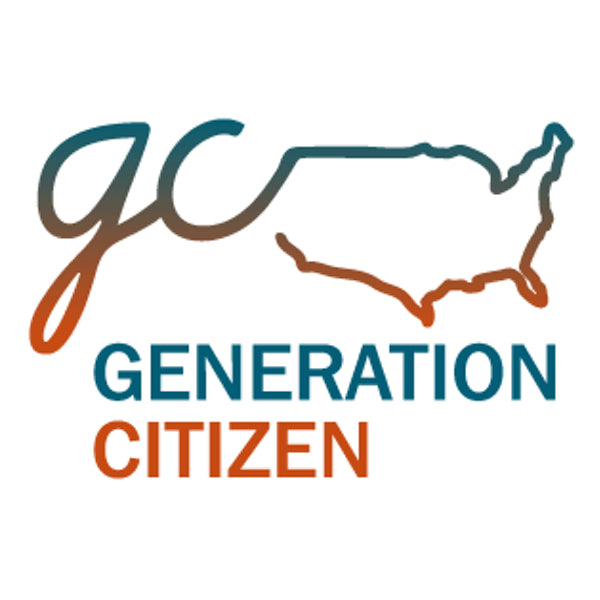


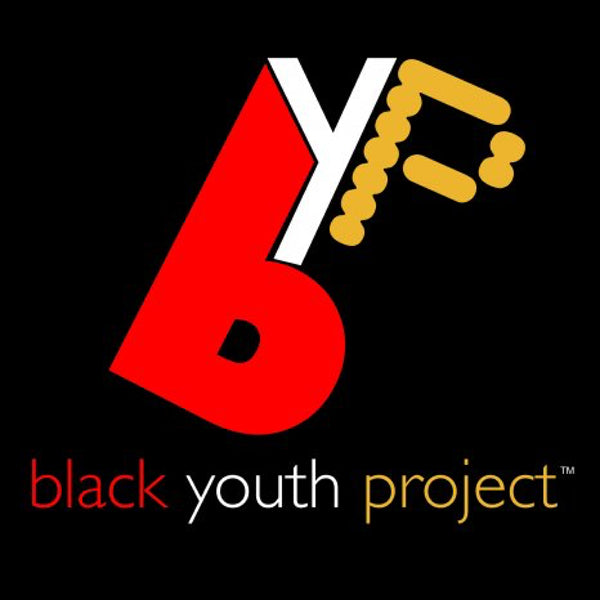




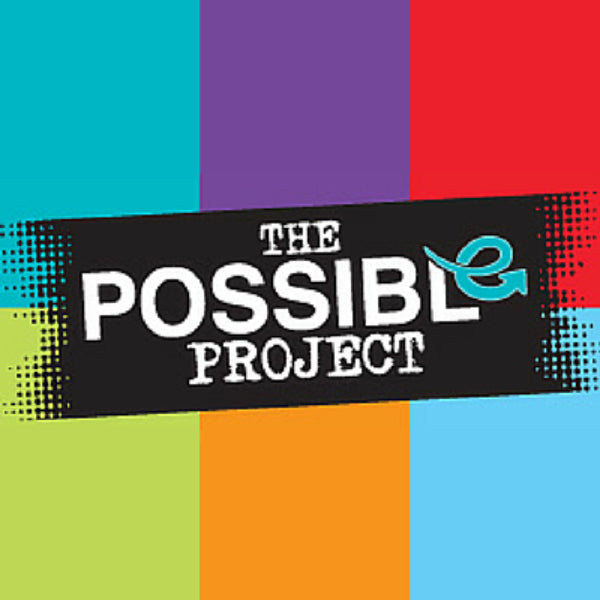
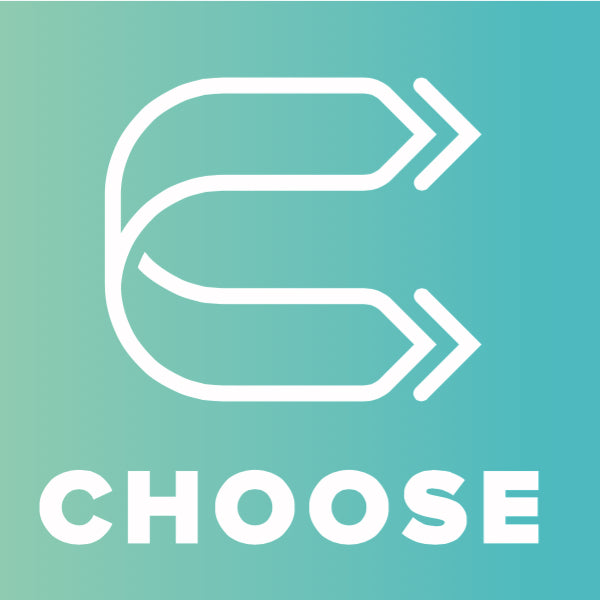


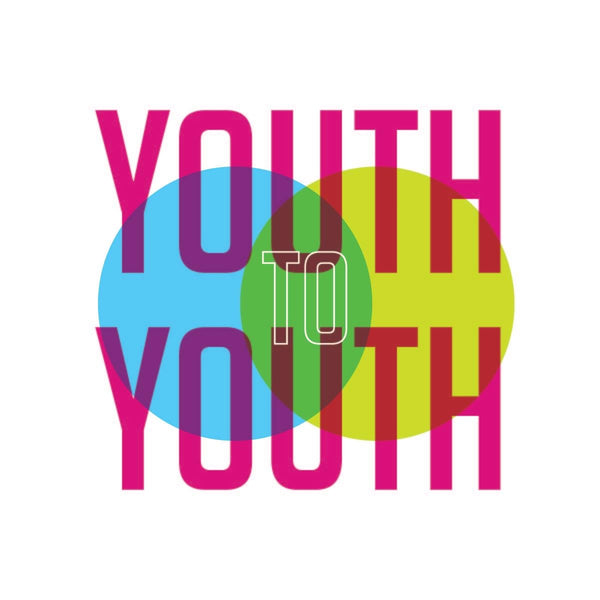
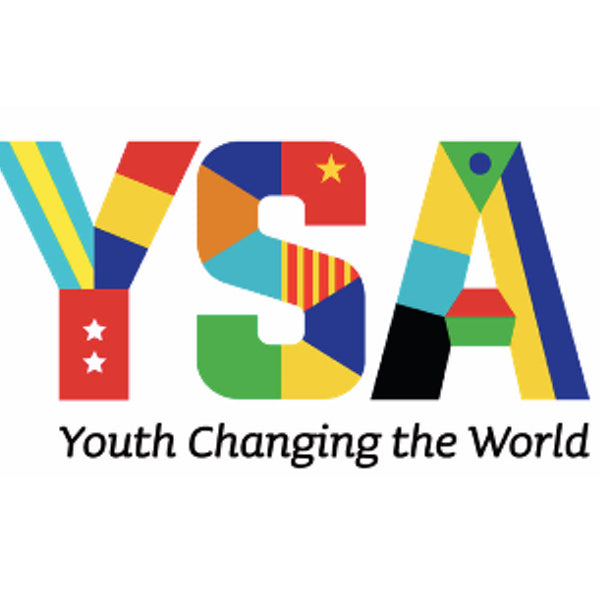


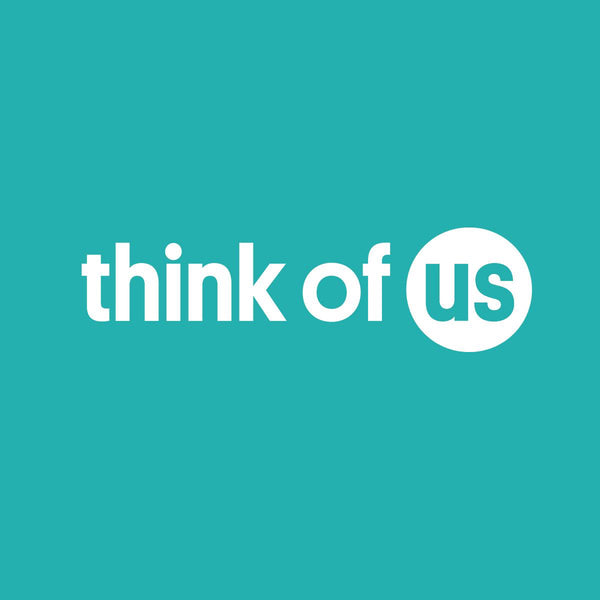






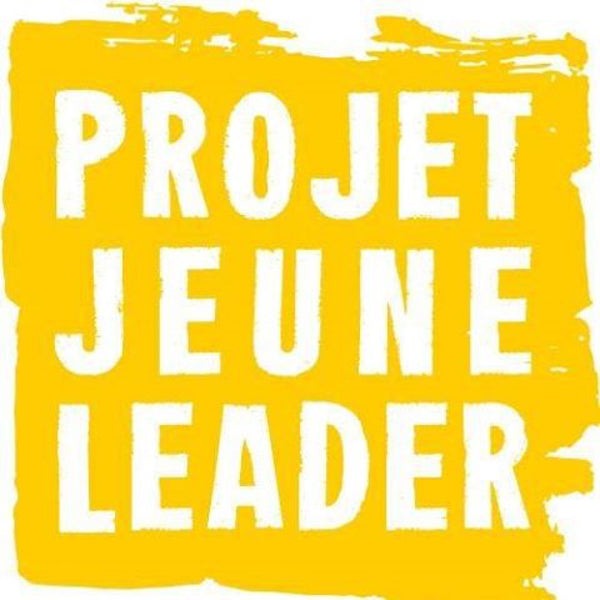
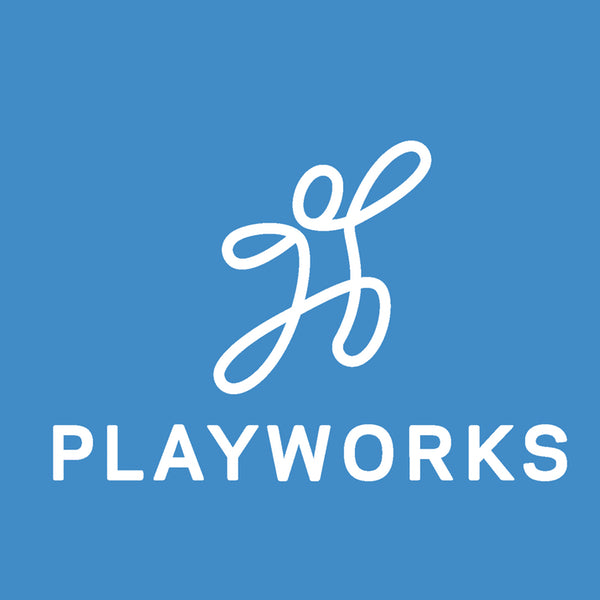

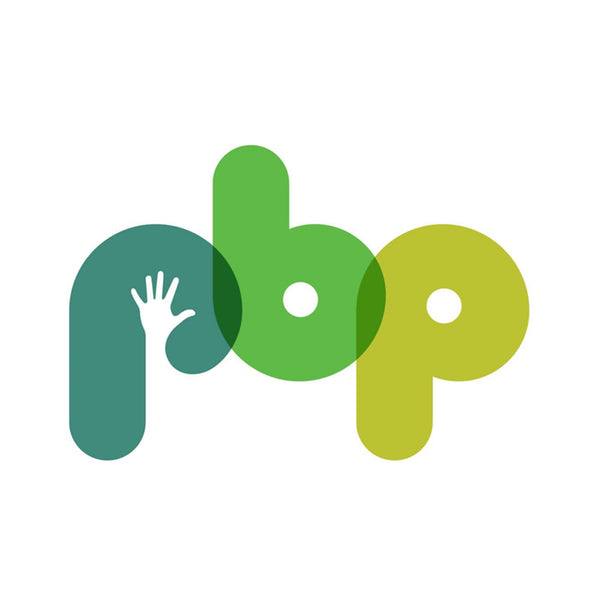
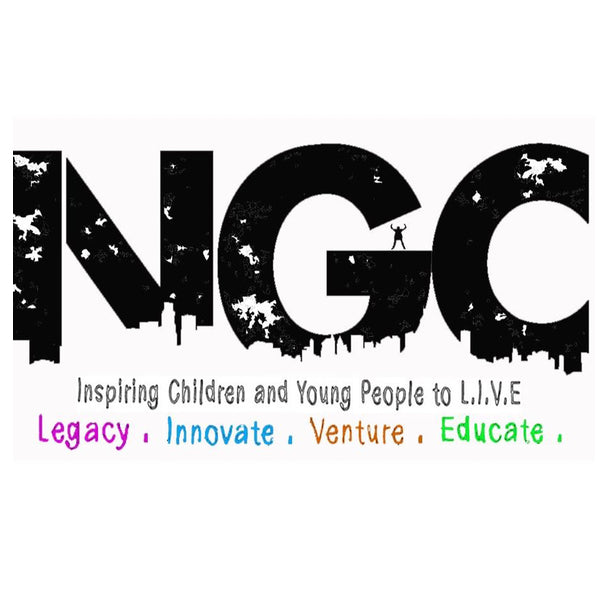

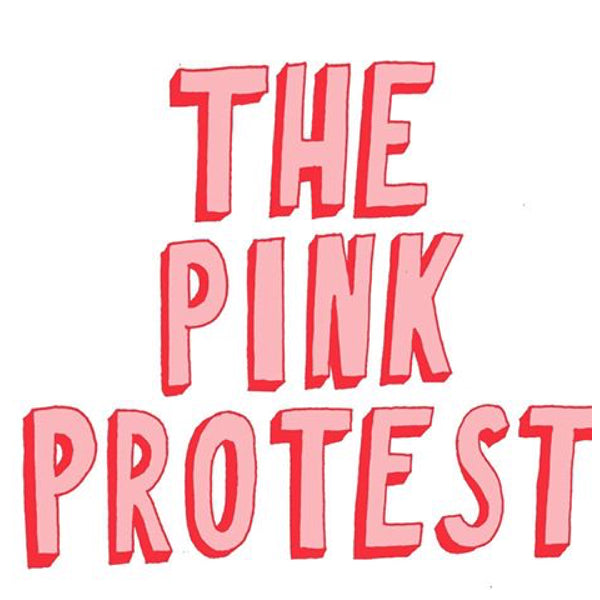






Join The Discussion